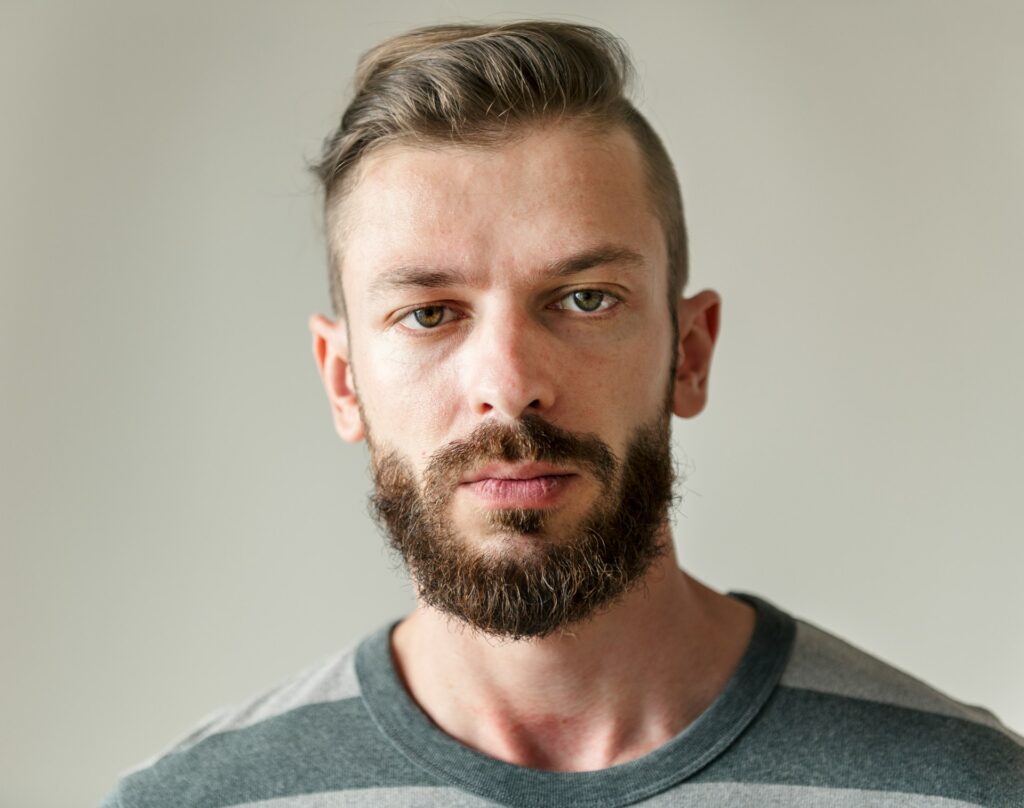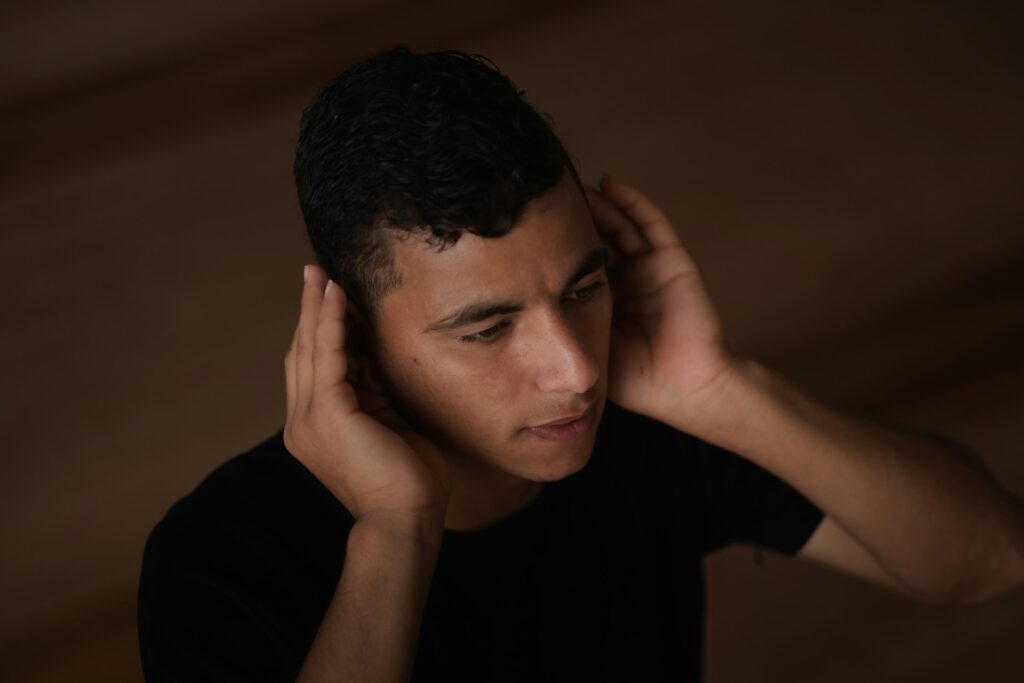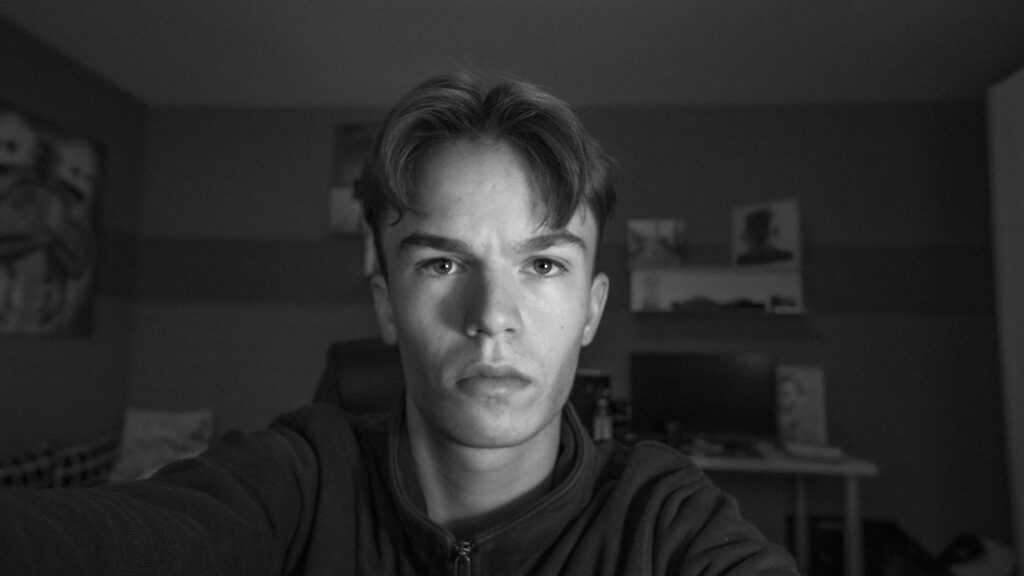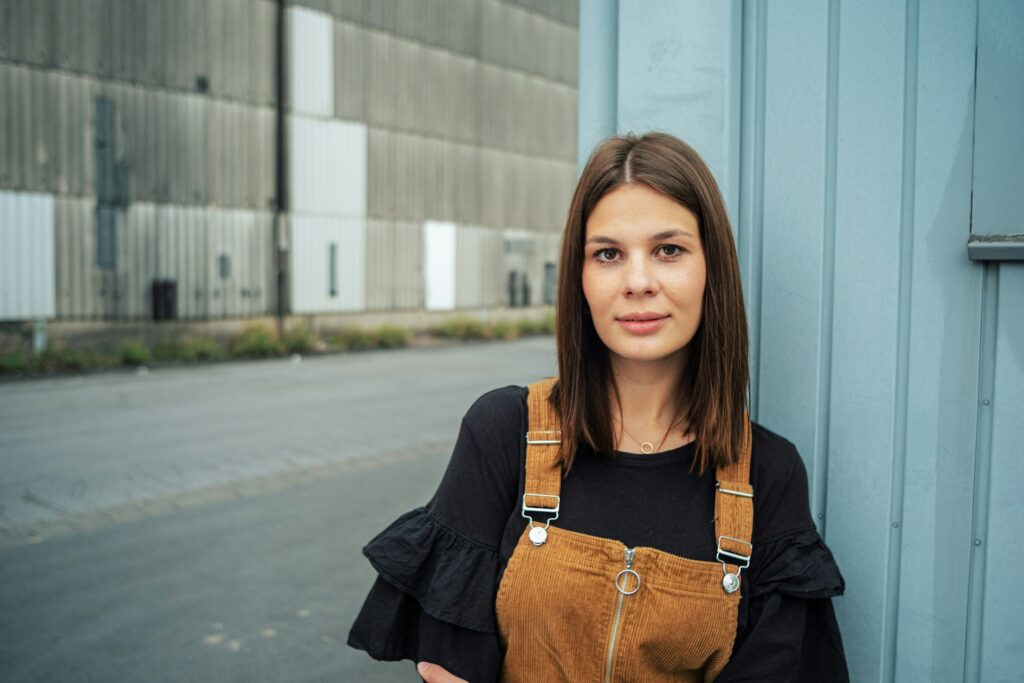When someone has lived with mental illness since childhood, their experience of the world is shaped early.

Not only that, but it often echoes in the things they say, even years later. Whether it’s an underhanded comment or an offhand remark, these phrases can hold the weight of years of trying to cope, mask pain, and make sense of something they were too young to explain. Here are some things you’ll often hear from people who’ve been managing mental health struggles for as long as they can remember. Maybe you’ve even said some of them yourself.
1. “I don’t really remember a time I felt normal.”

This doesn’t always mean something was obviously wrong—it just means the feeling of emotional ease was never their baseline. There was no “before” to look back on, only a lifelong relationship with discomfort or disconnect. It’s not self-pity. It’s more like trying to explain how the air has always felt heavier, even if they couldn’t name why. That missing sense of ease often makes healing feel like learning a whole new language from scratch.
2. “I thought everyone felt like this.”

When mental illness starts early, it often goes unnoticed, especially if it’s internalised. Kids don’t know what’s typical; they assume constant fear, sadness, or anxiety is just part of life. This sentence usually comes out years later, after hearing someone describe what calm or emotional balance actually feels like. In that moment, it clicks: not everyone was carrying the same invisible weight.
3. “I got really good at hiding it.”

Masking becomes second nature. They learn how to be “fine” in classrooms, at dinner tables, in friend groups—often before they even understand what they’re hiding. People tend to praise their composure or maturity, not realising it was survival. For many, invisibility became a protective skill long before they ever got help.
4. “I didn’t have the words for what I was feeling.”

Children struggling with mental illness don’t say, “I’m experiencing a depressive episode.” They say things like “my stomach hurts” or “I’m tired all the time.” The language just isn’t there yet. Even in adulthood, there can be a sense of emotional confusion or delay, like finally being able to name something you’ve lived with for years but never quite understood.
5. “I didn’t want to be a burden.”

Whether it was said out loud or just felt deeply, this fear sticks. Kids who feel like their emotions are too much often learn to silence themselves early, worrying that their pain will inconvenience the people they love. This belief doesn’t always go away with age. It can lead to self-isolation, under-communicating, or intense guilt for needing support—especially in relationships.
6. “I thought I was just lazy or broken.”

Without proper understanding, mental health symptoms can feel like moral failure. Struggling to focus, get out of bed, or feel motivated gets internalised as a personal flaw instead of a medical issue. It’s heartbreaking how many people carried this belief for years before ever receiving a diagnosis or compassion. The damage of that shame can take longer to undo than the symptoms themselves.
7. “I’ve always felt older than I am.”

Mental illness in childhood can create a kind of forced maturity. When you’re managing anxiety, depression, or trauma from a young age, you learn to read rooms, anticipate needs, and suppress your own. Even if they seemed “wise beyond their years,” it often came from emotional exhaustion. Sadly, that kind of emotional ageing rarely comes without a cost.
8. “I couldn’t figure out why everyone else seemed to handle life so easily.”

It’s not just comparison—it’s confusion. Watching peers enjoy things, cope with stress, or bounce back from disappointment feels like watching a different species sometimes. This thought doesn’t always come from jealousy. It often comes from isolation and the quiet fear that something about them is fundamentally different.
9. “I used to think asking for help was a sign of weakness.”

When you’ve been managing on your own for years, independence becomes a shield. Needing support feels like failing at the one thing you’ve always been good at—coping. It can take years to unlearn the belief that vulnerability is dangerous or shameful. For many, asking for help isn’t just difficult, it’s terrifying.
10. “I never really felt like a kid.”

Whether because of internal struggles or external circumstances, childhood didn’t feel carefree. It felt heavy, complicated, and often lonely. Happiness may have existed, but it was laced with tension or fear. This often leads to a strange kind of emotional delay in adulthood—finally learning how to play, rest, or feel joy without guilt years later than everyone else.
11. “I kept it together for everyone else.”

People with childhood mental illness often fall into caretaker roles—emotionally supporting friends, siblings, or even parents while silently falling apart themselves. The role becomes so familiar that they don’t even realise they’re doing it. Their meltdown always comes last, long after everyone else’s needs have been met.
12. “I’m really good at pretending I’m okay.”

They can smile, show up, hit deadlines, and give advice, while internally struggling every day. High-functioning doesn’t mean well. It just means practised. This performance of stability is so convincing that when they do ask for help, it’s often met with surprise or disbelief. That disconnect only deepens their sense of isolation.
13. “I’ve had to relearn how to trust my own feelings.”

When you grow up second-guessing yourself—especially if adults dismissed your emotions—it becomes hard to trust your instincts. Even identifying feelings like anger or sadness can feel unnatural. As an adult, this shows up in over-apologising, emotional numbness, or hesitating before every decision. Trusting yourself becomes a practice, not something that comes easily.
14. “I’ve always been scared of getting worse again.”

Even in stable seasons, there’s often an undercurrent of fear. When you’ve seen the depths of your own mental health struggles, it’s hard not to brace for the next crash. The fear isn’t irrational—it’s experience-based. And while healing brings hope, it also brings a quiet kind of vigilance that people without that history might never fully understand.
15. “It took me years to realise I deserved support.”

Growing up with mental illness often teaches people that their struggles are inconvenient. They learn to cope alone, not because they want to—but because they think they have to. Even after finding therapy or community, that early belief can linger. Unlearning the idea that you’re “too much” is a slow, painful process, but a powerful one.
16. “I’m doing better now, but it took everything to get here.”

Progress doesn’t erase the past. People who’ve struggled since childhood often carry both pride and grief—the pride of surviving, and the grief of how long it took to feel okay. This sentence holds both. It’s a quiet reminder that healing isn’t linear or fast, and that the people who seem the strongest are often the ones who had to fight the longest just to stand.


